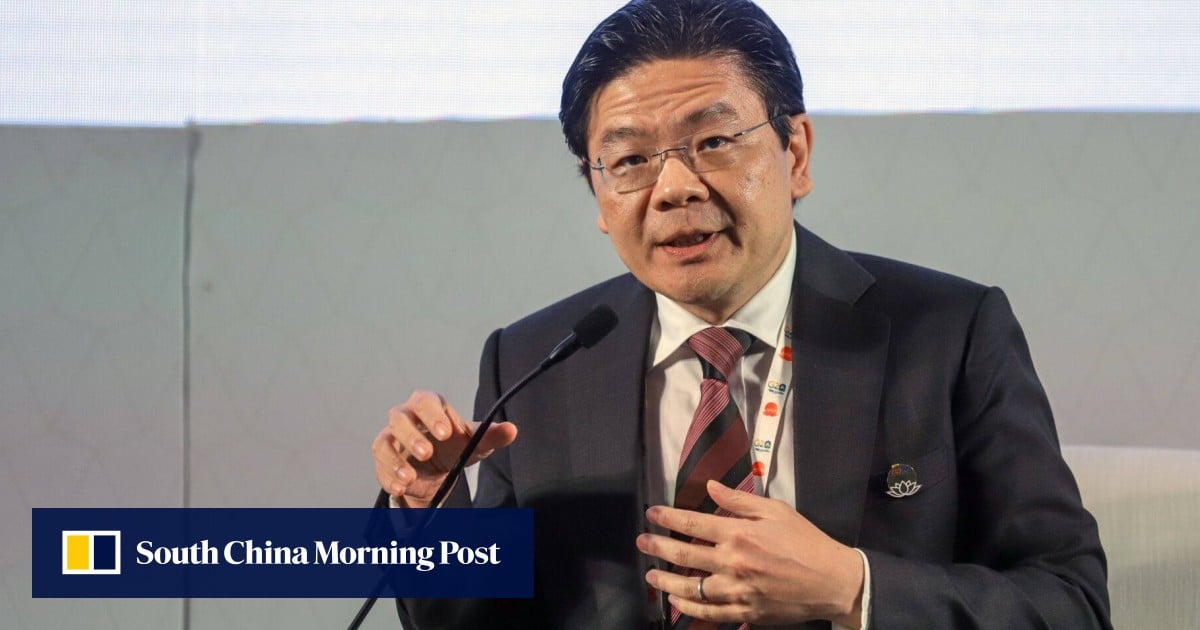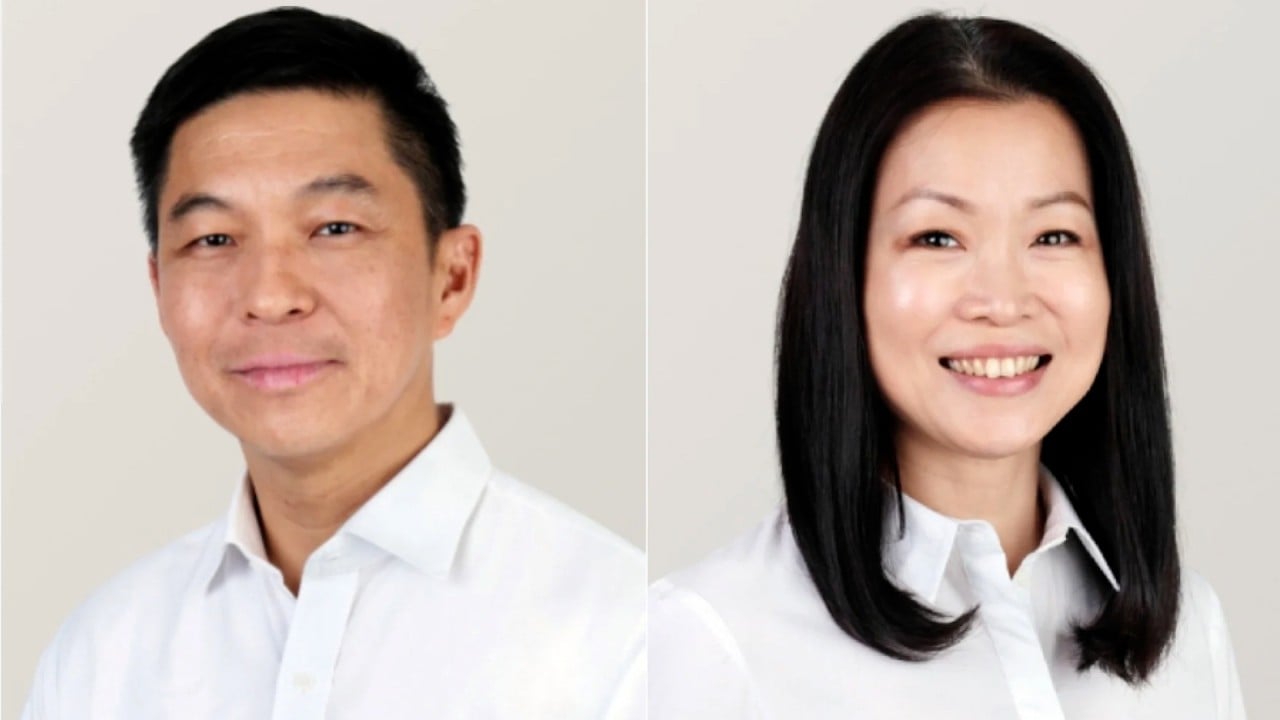“When it comes to personal conduct and extramarital affairs, we have never taken that same approach because every case is different – we have to look at the circumstances of the case, the individuals concerned, and we have to also consider the parties involved, including many innocent parties,” Wong said in the interview.
On matters concerning “human frailties”, the ruling party was “very cognisant of the impact that our actions have on innocent parties, including families, especially the spouses and their children”, Wong said, adding that it still set high standards for propriety and personal conduct.
“We have to find the right balance between exercising compassion and sensitivity, while upholding the fundamental requirement of our responsibilities and trust with Singaporeans,” he said.
Wong described the scandals as a “setback” for the ruling party and the government. “I have no doubt that we will reflect, learn from these experiences, make our system better and continue to uphold the trust that Singaporeans have in the elected government and in our system of government,” he said.
Asked by the BBC’s Mariko Oi on perceptions that Prime Minister Lee Hsien Loong had kept the affair between Tan and Cheng “hidden as a secret” despite first learning about it in 2020, Wong said the party did not “police the private lives of all MPs”.
Wong reiterated Lee’s own recounting of the events: he counselled the two MPs to end their affair, but they had persisted. He again spoke to them in February this year, at which point he accepted the offer of resignation by Tan, a one-time high-flyer in the party.
Wong said Lee would go through the timelines again next week, when he is expected to address parliament on the matter.
Wong, who last year was named the PAP’s next leader – effectively making him the next prime minister – declined to answer if he would have acted differently if the scandal had unfolded under his watch, saying “these are hypothetical situations”.
Some local commentators have suggested the leeway Prime Minister Lee gave Tan and Cheng over their indiscretions was a stark departure from a decades-old party ethos that leaders ought to be not just incorruptible, but of unimpeachable character and integrity.
Asked in the BBC interview about lessons learned from the various sagas that have unfolded almost at the same time, Wong said he was determined to retain citizens’ trust in the PAP. The party, co-founded by Prime Minister Lee’s father Lee Kuan Yew, has governed the country without interruption since 1959.
“Eventually, if I do have a chance to take over – if I do – I know that it is not just about me taking over because I also have to earn that trust with Singaporeans myself,” Wong said.
People hold up People’s Action Party banners in 2015. The party has a decades-old ethos that leaders ought to be not just incorruptible, but of unimpeachable character and integrity. Photo: Reuters
He also addressed another matter that had been a cause for disquiet on social media: the government’s delay in revealing that Iswaran had been arrested. Its initial statement had said he was assisting investigations, but the anti-corruption agency subsequently revealed he had been formally arrested and released on bail.
Wong said the initial statement was based on what the Corrupt Practices Investigations Bureau (CPIB) – which operates independently and reports to the prime minister – was ready to reveal at the time.
“There are operational considerations, and it is up to CPIB to make that call,” he said. “They decided not to say it at the start, but a few days later, they were prepared to reveal the fact that the minister was arrested.”


